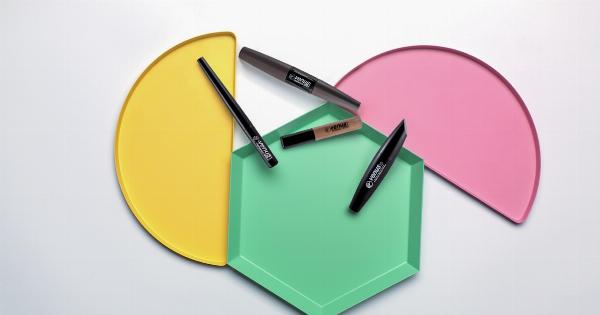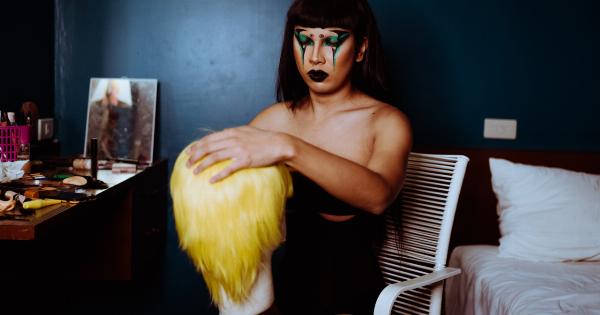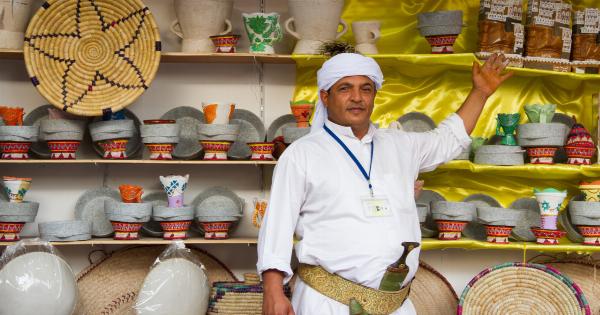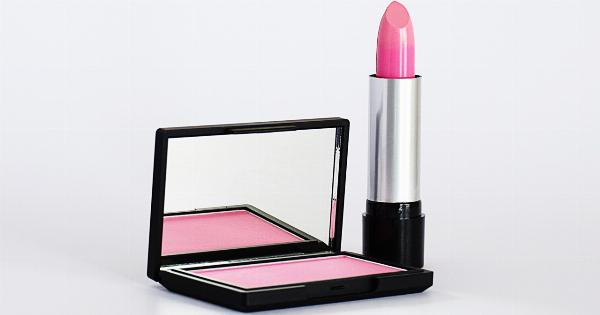Mascara is a staple in the beauty industry, enhancing the length, volume, and color of eyelashes.
However, with the growing awareness of ethical concerns and environmental sustainability, many consumers are now seeking out mascara options that align with their values. In this article, we will explore the importance of making an ethical choice when it comes to mascara and discuss some of the key factors to consider when selecting a product.
1. Cruelty-Free
One of the most important ethical considerations when choosing mascara is whether the product is cruelty-free. Traditional mascara brands often test their products on animals, subjecting them to painful and unnecessary experimentation.
To ensure that you are making an ethical choice, look for mascaras that are certified as cruelty-free by organizations such as PETA or Leaping Bunny. These certifications guarantee that the product you are using has not been tested on animals at any stage of its production.
2. Vegan Formulas
In addition to being cruelty-free, many individuals are opting for vegan mascara formulas. Vegan mascaras do not contain any animal-derived ingredients, such as beeswax or carmine, making them suitable for those following a vegan lifestyle.
These mascaras often use plant-based alternatives that are equally effective in achieving the desired results.
3. Non-Toxic Ingredients
Another important aspect of ethical mascara is the use of non-toxic ingredients. Traditional mascaras can contain a range of harmful chemicals, including parabens, phthalates, and synthetic fragrances.
These ingredients have been linked to various health concerns, including skin irritation, allergies, and hormone disruption. Opting for mascaras that are free from these harmful substances is not only better for your health but also for the environment, as these chemicals can end up polluting water systems when washed off.
4. Sustainable Packaging
While the formula of a mascara may be ethical, it is equally important to consider the sustainability of its packaging.
Many cosmetic products, including mascaras, come in single-use plastic packaging, which contributes to the global plastic waste crisis. Look for brands that are committed to reducing their environmental impact by using recyclable or biodegradable packaging materials. Some innovative brands even offer refillable mascaras, reducing the need for excessive packaging and minimizing waste.
5. Ethical Sourcing
The ethical considerations for mascara go beyond its formulation and packaging. It is crucial to consider the sourcing of ingredients used by various brands.
Some mascara brands may obtain ingredients from suppliers who engage in unethical practices, such as exploiting workers or sourcing materials from environmentally sensitive areas. Look for brands that prioritize ethical sourcing and ensure fair labor practices throughout their supply chains.
6. Social Responsibility
Supporting brands that demonstrate social responsibility is another way to make an ethical choice when it comes to mascara.
Some companies actively engage in charitable initiatives, donate a portion of their profits to social causes, or prioritize inclusivity in their marketing campaigns. By purchasing mascara from such brands, you are contributing to positive change and supporting companies that align with your values.
7. Transparency and Certifications
Transparency is an essential factor when selecting an ethical mascara. Look for brands that openly disclose their ingredient lists, sourcing practices, and manufacturing processes.
Moreover, certain certifications, such as Ecocert or COSMOS, ensure that the product has met specific organic or sustainable criteria. These certifications provide peace of mind, knowing that the mascara has undergone rigorous testing to meet ethical standards.
8. Supporting Independent or Local Brands
Choosing mascara from independent or local brands can often align with ethical values. These smaller brands usually have a strong commitment to producing high-quality, ethical products and are more likely to prioritize sustainable practices.
Additionally, by supporting local or independent businesses, you are contributing to the growth and diversity of the beauty industry.
9. Reviews and Recommendations
Before making a purchase, it can be helpful to seek out reviews and recommendations from other consumers. Online communities, beauty bloggers, or social media platforms can offer insights into the ethical practices of various mascara brands.
By leveraging the experiences of others, you can make a more informed decision about which mascara to choose.
10. Price Considerations
While ethical mascara may sometimes be priced slightly higher than mainstream options, it is essential to consider the long-term benefits and the true cost of a product.
Investing in ethical mascara not only supports responsible brands but also encourages the beauty industry as a whole to prioritize sustainability and ethical practices. Remember, quality products often require higher price points due to the use of superior ingredients and responsible manufacturing processes.
Conclusion
Choosing an ethical mascara involves considering various factors, from cruelty-free and vegan formulas to sustainable packaging and social responsibility.
By prioritizing these considerations, you can make a conscious decision that aligns with your values and promotes positive change in the beauty industry. Remember to look for trusted certifications, seek transparency from brands, and support local or independent businesses whenever possible. Ethical choices in mascara can contribute to a more sustainable and compassionate beauty routine.






























